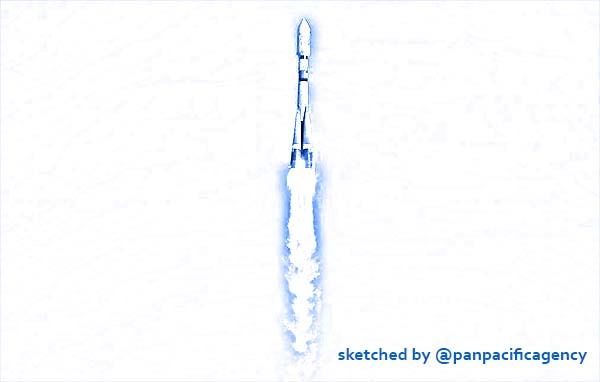Russia to present its Venus exploration program in 2020

AMUR REGION, RUSSIA - DECEMBER 27, 2018: A Soyuz-2.1a rocket booster with a Fregat-M upper stage block lifts off from the Vostochny Cosmodrome to deliver Russia's Kanopus-V No 5 and No 6 remote sensing satellites and 26 foreign spacecraft to orbit. Yuri Smityuk/TASS. Sketched by the Pan Pacific Agency.
MOSCOW, May 16, 2020, TASS. A new program for exploration of Venus, including sending at least three scientific devices, will be developed in Russia, its main stages will be presented in 2021, scientific director of the Russian Space Research Institute Lev Zeleny told TASS.
“There is an idea to make not a separate project, but a program that includes several missions,” Zeleny said. “I think that we will be able to speak publicly about the main features of [the program] next year,” he added.
According to the scientist, the first expedition under the program will be Venera-D, the launch of which is scheduled for the end of the 2020s. In two or three years, the launch of the second Venera is possible, then the third – by the mid-30s.
Zeleny clarified that the missions will include lander and various means to study the atmosphere.
Negotiations with the US partners in the project are scheduled for October. However, due to the situation with the coronavirus, “it is not yet clear how this will happen,” perhaps negotiations will be held in a remote format, the scientist added.
The previous comprehensive program for the study of Venus was implemented in the USSR. The Soviet Union sent several automatic landing stations to the planet, including Venera-13, which worked in the aggressive atmosphere of Venus at a temperature of almost 500 degrees Celsius for a record 2.5 hours. Studies of Venus are important both in terms of preventing a likely greenhouse disaster on Earth, and in the search for traces of extraterrestrial life.